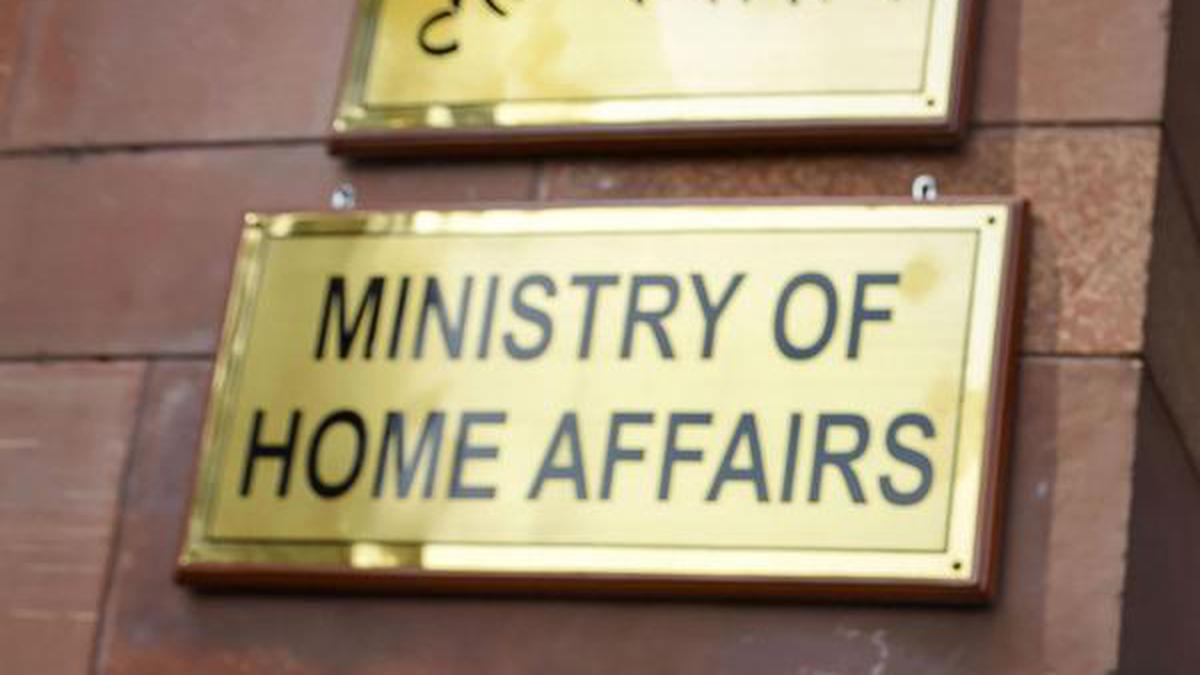Did you know that NGOs in India could face severe penalties for receiving foreign funds without proper registration? The Union Home Ministry has issued a strong warning to non-governmental organizations (NGOs) regarding the Foreign Contribution Regulation Act (FCRA) of 2010. This article will delve into the specifics of FCRA compliance, the potential consequences of non-compliance, and answer the pressing question on everyone's mind: What does this mean for NGOs? Buckle up because this is going to be a fact-filled journey.
Understanding FCRA: The Basics
The Foreign Contribution Regulation Act, 2010 (FCRA), is an Indian law designed to regulate the acceptance of foreign contributions or donations by individuals or organizations operating within the country. The primary goal of the FCRA is to ensure transparency and accountability in the use of foreign funds, preventing their misuse or diversion for unlawful activities. This act mandates that any NGO or association intending to receive funds from foreign sources must register under FCRA and adhere to its regulations. Failure to comply can result in significant penalties and even criminal prosecution. So before you accept that international grant, do your due diligence!
FCRA Registration: A Necessity
FCRA registration is a non-negotiable requirement for all NGOs or associations intending to receive foreign contributions. The application process includes thorough background checks, financial scrutinies, and rigorous vetting of proposed activities. This rigorous process underscores the government's resolve to monitor and ensure proper utilization of foreign funds.
Utilizing Foreign Contributions Responsibly
Each NGO registered under the FCRA must use foreign contributions (FC) exclusively for its designated purposes – as clearly stated in its registration application or granted prior permissions. Any deviation or misuse of these funds will automatically constitute a violation, rendering the NGO liable to penalties. Transparency is crucial – maintain accurate and detailed records of foreign contributions received and utilized to avoid any potential discrepancies. Remember, honesty is the best policy, especially when it comes to foreign funding.
Renewal of FCRA Certificate: Keeping your Status Valid
Section 16 of FCRA outlines the process of renewing the certificate of registration well before the expiry date, within six months. NGOs must make timely renewals to prevent their status from lapsing or being deemed invalid. Don't let your registration lapse—regular updates are crucial for avoiding penalties and sustaining smooth operations!
Consequences of Non-Compliance: Penal Action and More
The Ministry's public notice unequivocally underscores that any receipt or utilization of foreign contribution (FC) without proper FCRA registration constitutes a violation, triggering penal actions. For NGOs operating within this landscape, the warning is clear: Compliance is paramount.
Types of Violations and Penalties
Several offenses trigger FCRA violations, ranging from failing to secure prior registration or permission to using foreign contributions inappropriately, ignoring renewal timelines or utilizing funds beyond the approved parameters. Penalties can include significant fines, suspension, cancellation of registration, and, depending on the severity of the offense, even criminal charges. With consequences so serious, prevention through thorough understanding and diligent compliance is crucial for NGOs.
Penalties Include: Heavy Fines and More
For those found guilty of FCRA violations, punishments are significant, extending beyond just financial penalties. Depending on the violation and context, severe repercussions can impact an organization's reputation, viability, and standing with stakeholders and potential funding sources. This is one situation where ignorance is simply not bliss.
Steps to Avoid FCRA Penalties: A Proactive Approach
The Union Home Ministry emphasizes proactive measures. Prior registration under the FCRA, a careful understanding of FCRA guidelines, transparent record-keeping, adherence to stipulated procedures, and timely renewal of the registration certificate are key steps to steer clear of future problems. Planning, care, and attention are not just best practices but necessities.
Due Diligence and Transparency are Key
Ensuring compliance begins with accurate planning, due diligence in registering for the FCRA, maintaining impeccable financial records and demonstrating utmost transparency regarding sources and use of foreign funding. This diligent approach can save NGOs substantial resources, avoid stressful scrutiny, and ensure organizational stability.
Legal Counsel: A Valuable Asset
Navigating intricate regulatory landscapes demands professional guidance. Legal counsel specializes in foreign funding regulations offers invaluable insight and direction; consulting experienced professionals can prove to be a worthwhile investment, mitigating risk and securing long-term sustainability.
Take Away Points
- Understanding and abiding by the FCRA 2010 regulations is not just advised; it is legally mandated for all NGOs receiving foreign funding.
- Non-compliance leads to significant consequences, potentially involving substantial penalties, reputational damage, and legal implications.
- Proactive measures like thorough registration, meticulous record-keeping, and consultation with legal experts are crucial to prevent FCRA violations.




